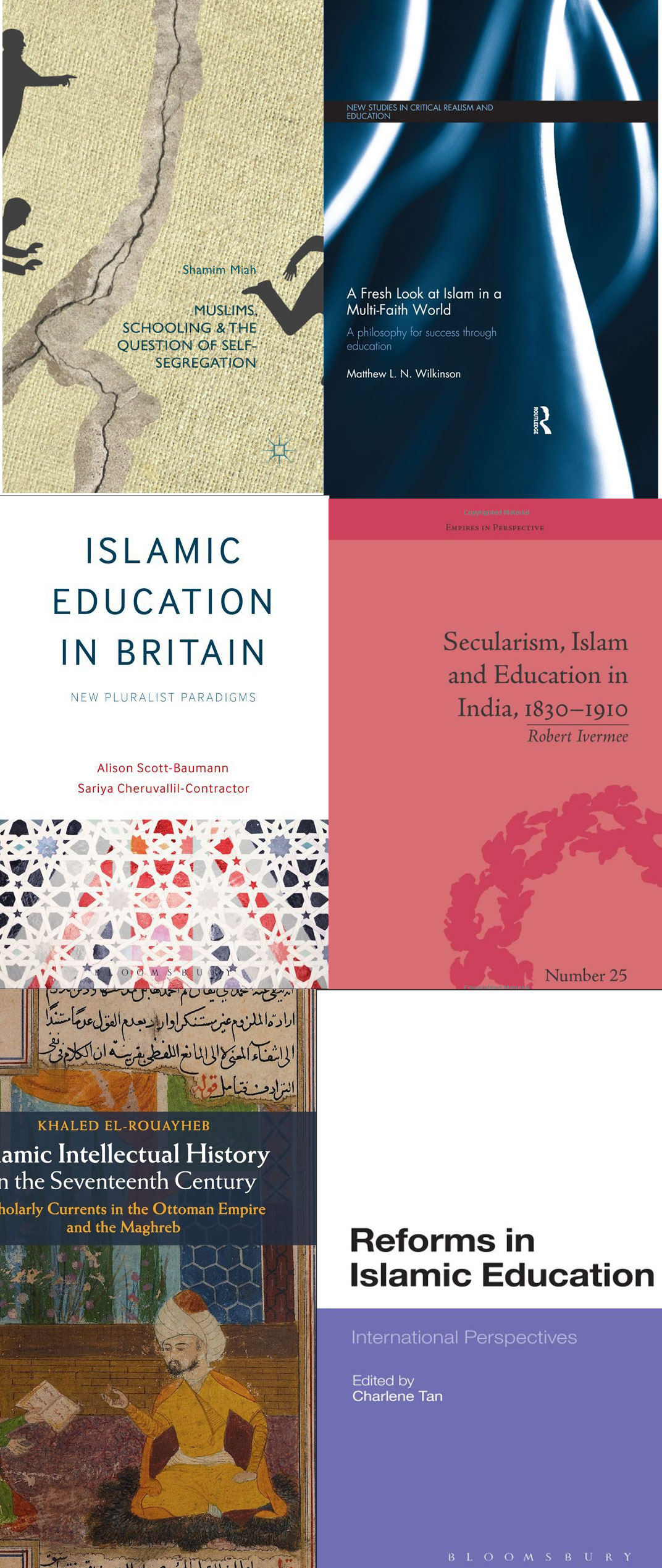
Review Article
Islam’s Heritage of Critical Education
The Missing Catalyst in the Crisis of Modern Muslim Presence
Author(s): Khaled El-Rouayheb & R. Ivermee & Alison Scott-Baumann & Sariya Cheruvallil-Contractor & M.L.N. Wilkinson & S. Miah & C. Tan
Reviewed by: Abdullah Sahin, University of Warwick, Markfield Institute of Higher Education, UK
Review
A close look at the contemporary expressions of Islam, in both majority and minority Muslim contexts, reveals the presence of a complex set of sociocultural, political and economic challenges that have severely hindered the emergence of a mature Islamic sense of belonging in the modern world. It appears that most of the reform initiatives inspired by the zeal of religious revival or enforced by Western secular agendas have largely failed to produce the desired positive change within Muslim societies across the globe. The internal and external factors that have contributed to this failure are complex, while their genesis lies deep within both the recent and distant historical legacies of these societies. The trauma of Western colonialism and the subsequent post-colonial reality have forced contemporary Muslim societies to reshape themselves in the image of European nation states. This experience, initiated by external dynamics, has left the Muslim world with deep ethnic, sectarian, cultural and geographical fault lines that have in turn created long-term uncertainties, structural inequalities, and often tribal and reactionary self-understandings, that all continue to define the crises facing today’s Muslims worldwide.